Can the Transportation Department Really Enforce an Airport Dress Code?
A campaign from the Transportation Department ahead of a busy holiday travel season calls for "dressing with respect" at the airport. It's a loaded ask.
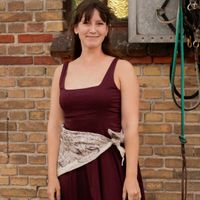
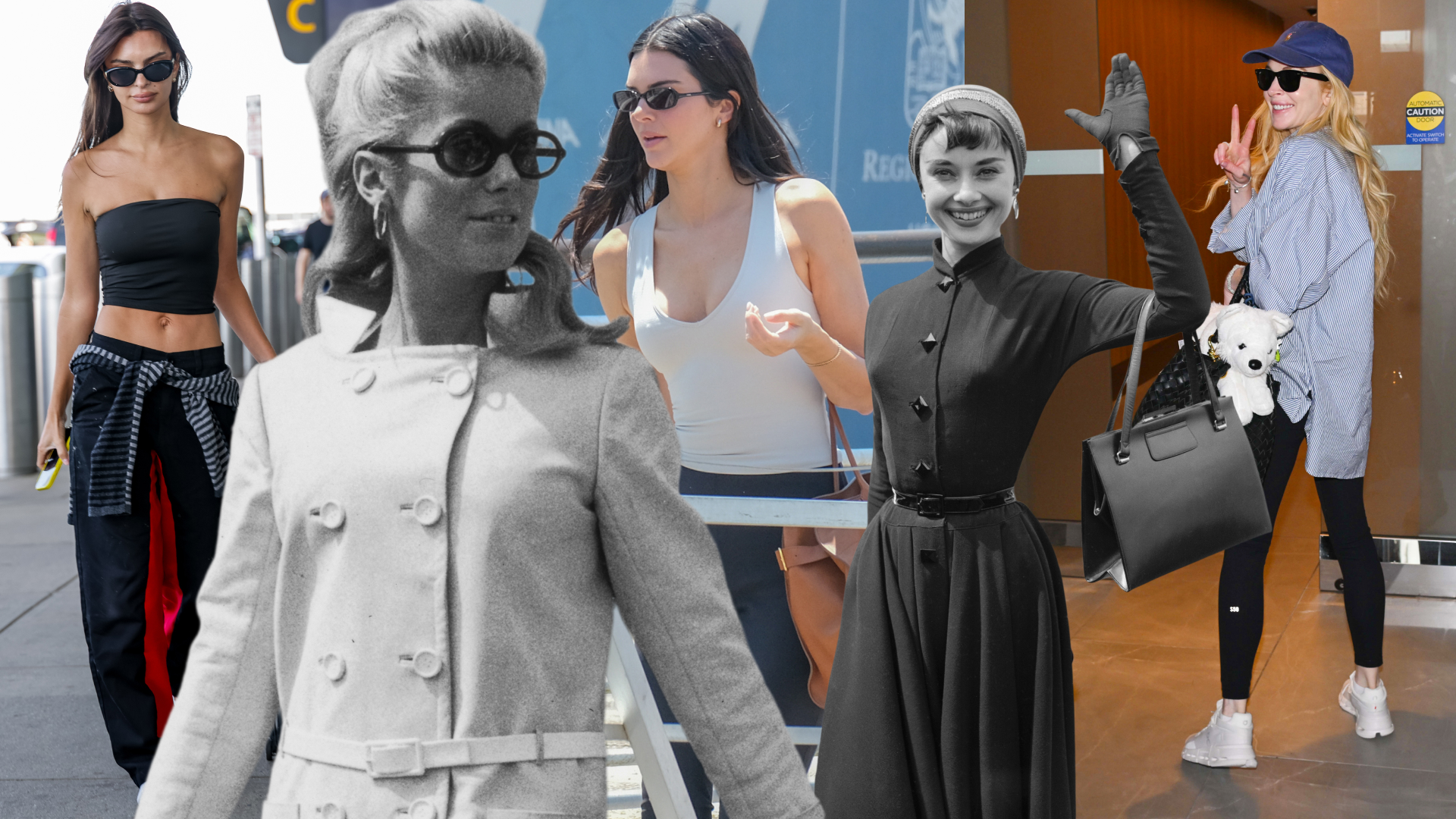
Select the newsletters you’d like to receive. Then, add your email to sign up.
You are now subscribed
Your newsletter sign-up was successful
Want to add more newsletters?
82 million people are estimated to drive, fly, or take another form of transportation for the Thanksgiving holiday, according to a recent AAA forecast. When the masses headed for an airport plan their travel outfits, U.S. Transportation Secretary Sean P. Duffy wants them to ask themselves a loaded question: "Are you dressing with respect?"
It's one of five bullet points the Transportation Department published last week, as part of a so-called "civility campaign" titled “The Golden Age of Travel Starts with You.” The public awareness initiative seeks to "restore courtesy and class" to air travel, citing increases in "disruptive behavior" and "violence" on flights by the Federal Aviation Administration since 2019.
Some of the requests in the campaign are straightforward, like saying "please" and "thank you" and assisting pregnant passengers. Less clearly defined is "dressing with respect"; accompanying imagery referencing the 1950s and 1960s—the first "Golden Age of Travel"—imply that a more conservatively elevated look would be the preferred airport dress code. Out with leggings and Adidas sneakers, in with kitten heels and dresses.
Naturally, this isn't going over well with the traveling public.
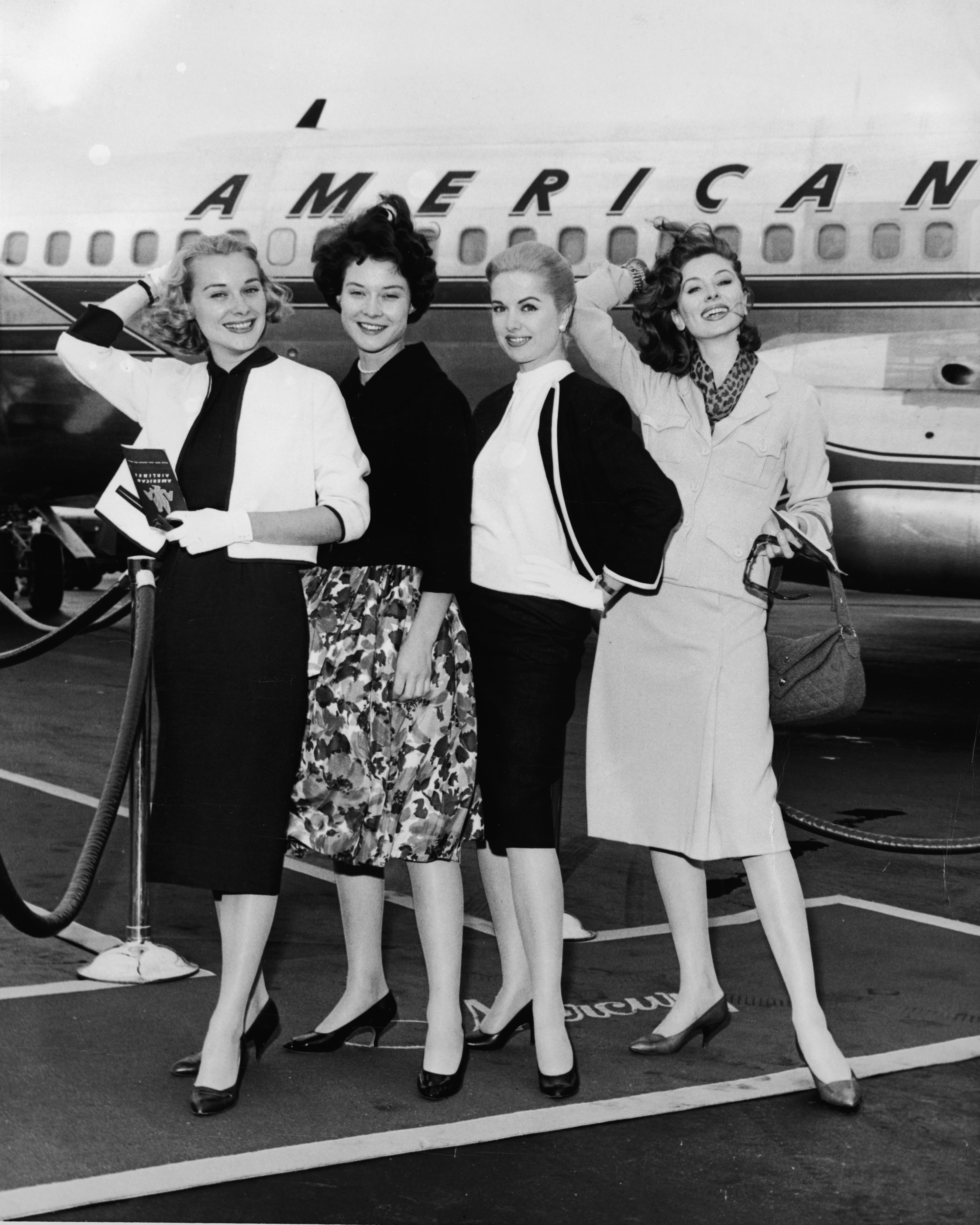
The U.S. Department of Transportation's new campaign likens "dressing with respect" to the style of the 1950s and 1960s.
As passengers responding to Secretary Duffy's X posts noted, economy travelers are too disrespected to dress like they're in business class. Comfort—in the form of knit matching sets or stretchy activewear—is a priority as delays extend for hours and airlines shrink their seats for flights of all durations. Everyone wants a pleasant experience in the air and on the ground; requesting blazers, heels, and hard pants doesn't strike anyone as a key to better behavior, however.
"Given how cramped and stressful flying can be for most people now," travel strategist Sarah Silbert told CBS News, "it's easy to see why a message about 'dressing up' will draw pushback."
Airport outfits have increasingly become more casual without veering into explicit or offensive territory. (To this editor's knowledge, no one has tried lining up for boarding in a naked dress.) Airlines already ensure worst-case scenario outfits don't make it onto the plane: Delta, American, and United, among others, have policies prohibiting nudity or lewd garments. Over the years, there have been stories of passengers claiming they were kicked off flights because of what they were wearing, sparking debates around whether items ranging from shorts to crop tops to leggings abide by these dress codes.
Get exclusive access to fashion and beauty trends, hot-off-the-press celebrity news, and more.
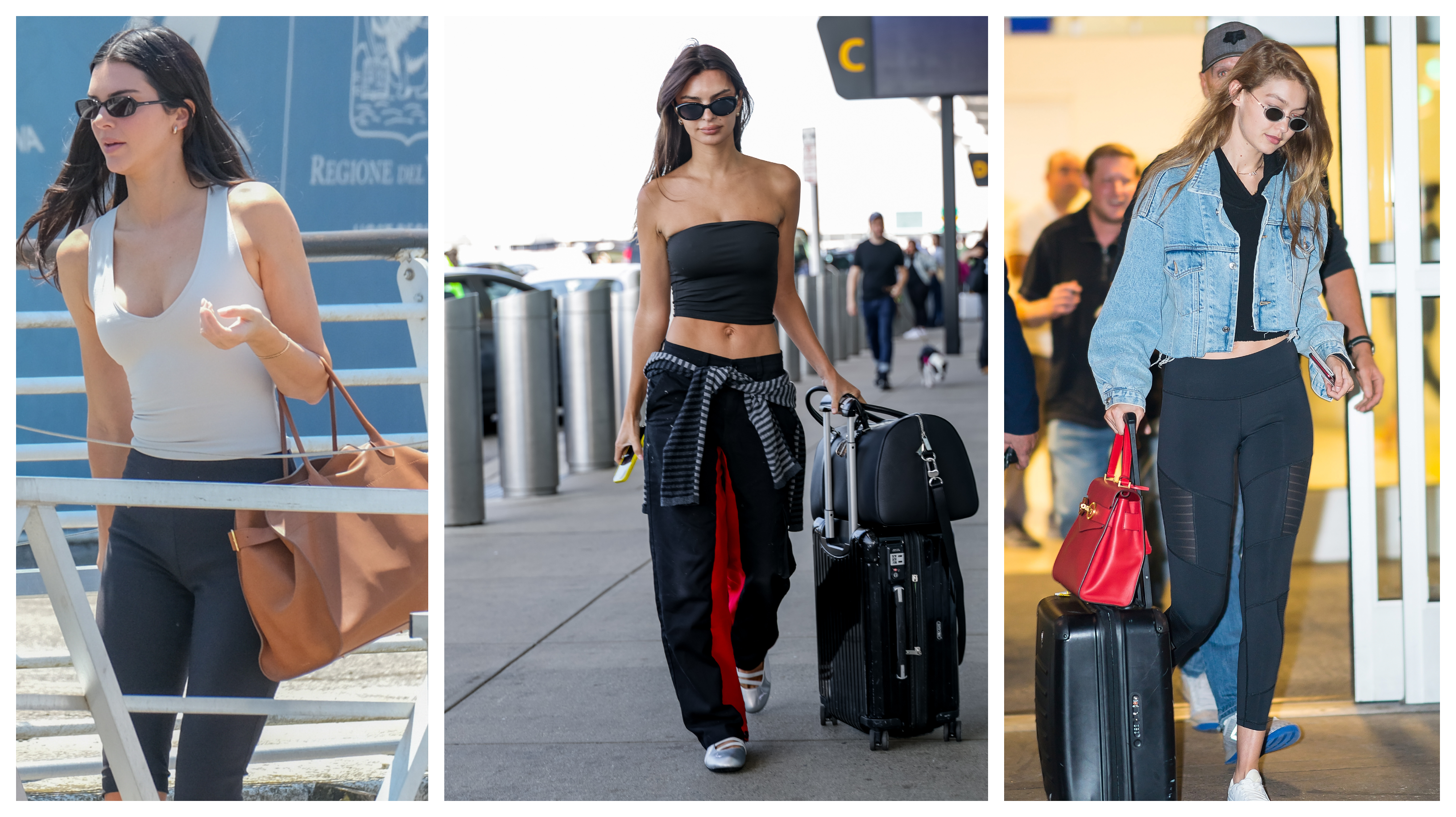
Airport outfits favoring comfortable leggings and activewear are a target of the new campaign.
A broader demand for "respectful" dressing would be nearly impossible to enforce—a point experts have made in interviews with major news outlets. But other issues plaguing air travel in the United States, from a shortage in air traffic controllers to the bare-bones amenities for economy passengers, are fixable.
So if you're boarding a flight for Thanksgiving, go ahead and wear your favorite soft pants. In this airport economy, there's nothing disrespectful about staying comfortable.
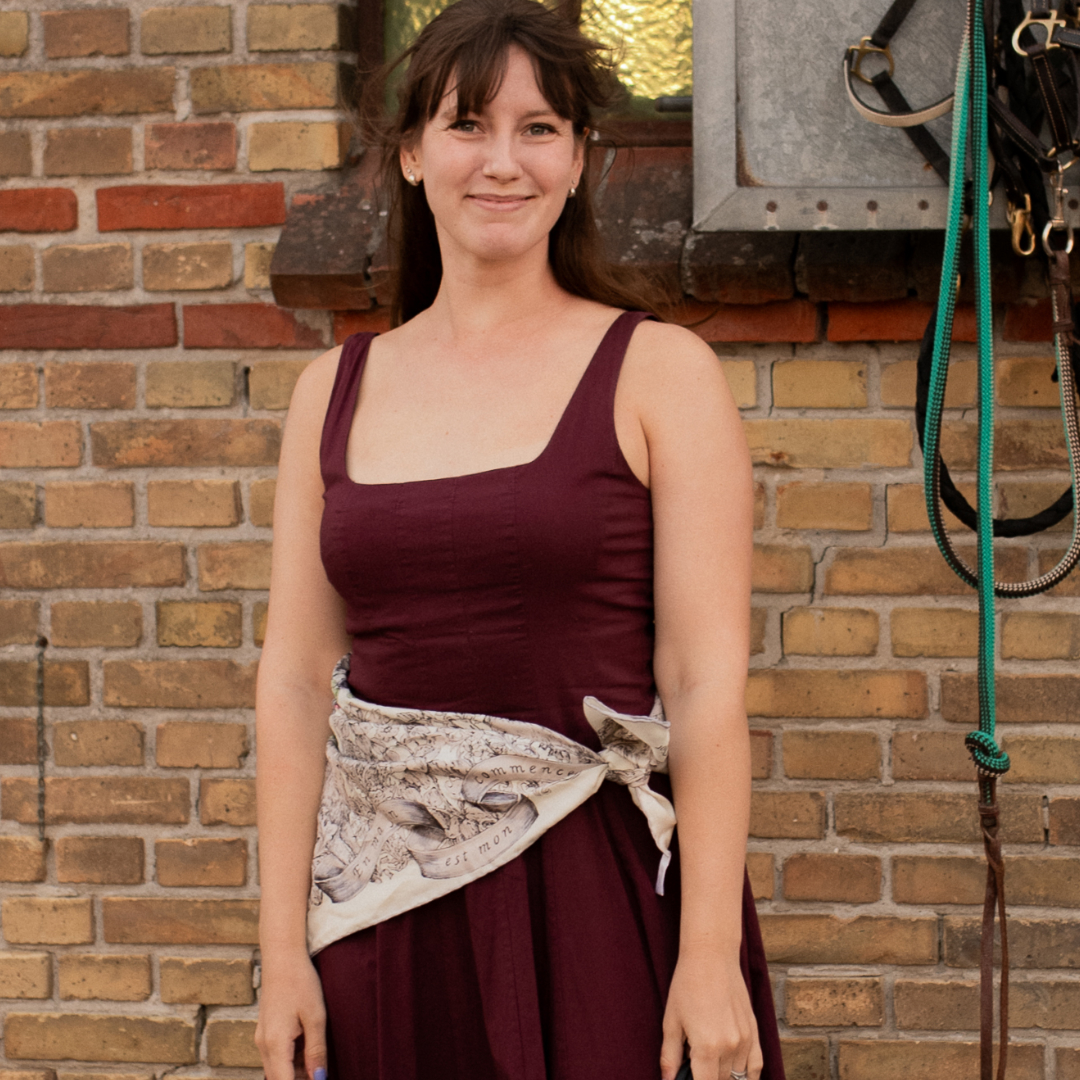
Halie LeSavage is the senior fashion news editor at Marie Claire, leading coverage of runway trends, emerging brands, style-meets-culture analysis, and celebrity style (especially Taylor Swift's). Her reporting ranges from profiles of beloved stylists, to exclusive red carpet interviews in her column, The Close-Up, to The A-List Edit, a newsletter where she tests celeb-approved trends IRL.
Halie has reported on style for eight years. Previously, she held fashion editor roles at Glamour, Morning Brew, and Harper’s Bazaar. She has been cited as a fashion expert in The Cut, CNN, Puck, Reuters, and more. In 2022, she earned the Hearst Spotlight Award for excellence in journalism. She holds a bachelor’s degree in English from Harvard College. For more, check out her Substack, Reliable Narrator.